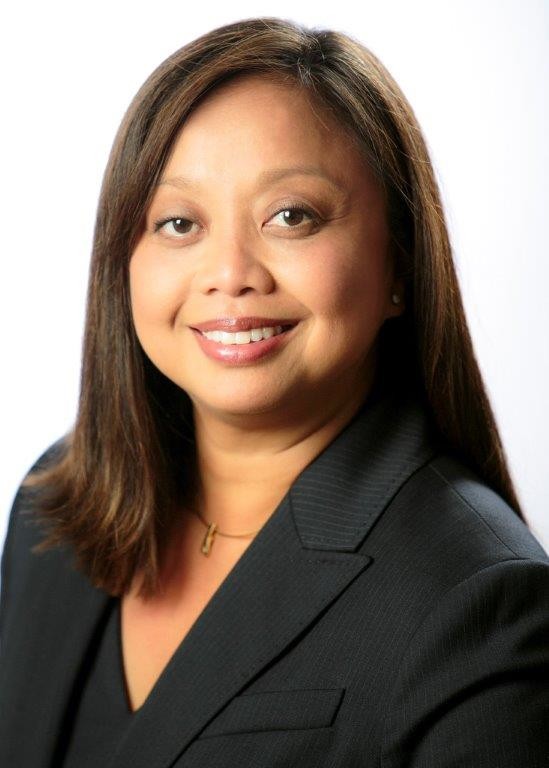BOSTON – The Boston Public Health Commission (BPHC) hosted its eighth Annual Breakup Summit at Simmons College this week, bringing together more than 200 teens and 50 adults from across Boston for a discussion about the role social media plays in teenage breakups.
As part of BPHC’s Start Strong initiative, the annual “Breakup Summit,” designed and led by teenaged peer leaders, seeks to address the time in relationships in which teens are most at risk of experiencing dating violence – the breakup. This year’s summit focused on social media and breakups, and included a session for adults who work with teens focused on how to prevent revenge pornography.
Revenge pornography can take many forms, but most commonly it is sharing sexually explicit images with a malicious intent. This workshop also highlighted the importance of consent and the laws surrounding revenge pornography.

“We live in a digital age where the negative impacts of unhealthy relationships can extend beyond the control of our teens,” said BPHC’s Executive Director Monica Valdes Lupi, JD, MPH. “As the City’s health department, it’s important to provide teens with strategies that promote healthy relationships and healthy breakups.”
The summit outlined steps teens can take to increase the likelihood of having a respectful split, such as talking in person if the relationship has not involved abuse, sharing positives about the person and the reasons you want to end the relationship, and setting boundaries. Teens at the summit discussed strategies to handle potential social media situations, like repeated texting or posting about a partner online.
“The Breakup Summit in general is a fun event, but what’s so special is the fact that we focus specifically on social media and the role it plays in breakups today. Social media has a big effect on the way we deal with each other and how we communicate our problems, so we tend to model our relationships off of those messages,” said Kyrah, age 16, a second year Start Strong Peer Leader. “Our goal is to tackle this issue and show teens all of the unhealthy messages they’re receiving and incorporating into their relationships.”
For many young people, the potential for dating violence is a serious complicating factor in breakups. Data show that among high school students who have dated, 21 percent of females and 10 percent of males experienced physical or sexual dating violence. While Start Strong aims to equip youth with the skills to prevent such abuse from occurring, the summit is focused on educating teens to understand that even nonabusive relationships can end in an unhealthy manner.
“The Breakup Summit is a great way to show how modern media influences how teens break up today and what the healthiest ways to break up are,” said Chris, age 16, a second year Start Strong Peer Leader.
At this year’s summit, local teens discussed strategies to handle ending relationships in a sensitive, mutually respectful manner, and strengthened communication and conflict resolution skills. Many of the workshops were co-facilitated by high school-aged peer leaders, allowing teens to drive the conversation about how to avoid unhealthy, even abusive, behavior patterns as relationships end.
The Boston Public Health Commission, the country’s oldest health department, is an independent public agency providing a wide range of health services and programs. It is governed by a seven-member board of health appointed by the Mayor of Boston.
Public service and access to quality health care are the cornerstones of our mission – to protect, preserve, and promote the health and well-being of all Boston residents, particularly those who are most vulnerable. The Commission’s more than 40 programs are grouped into six bureaus: Child, Adolescent & Family Health; Community Health Initiatives; Homeless Services; Infectious Disease; Recovery Services; and Emergency Medical Services.
Start Strong: Building Healthy Teen Relationships is a program of BPHC’s Child, Adolescent & Family Health Bureau aimed at ending teen dating violence by working with 11 to 18-year-olds. Start Strong is an innovative, grassroots effort focused on preventing teen dating violence and abuse by actively promoting healthy relationships.














